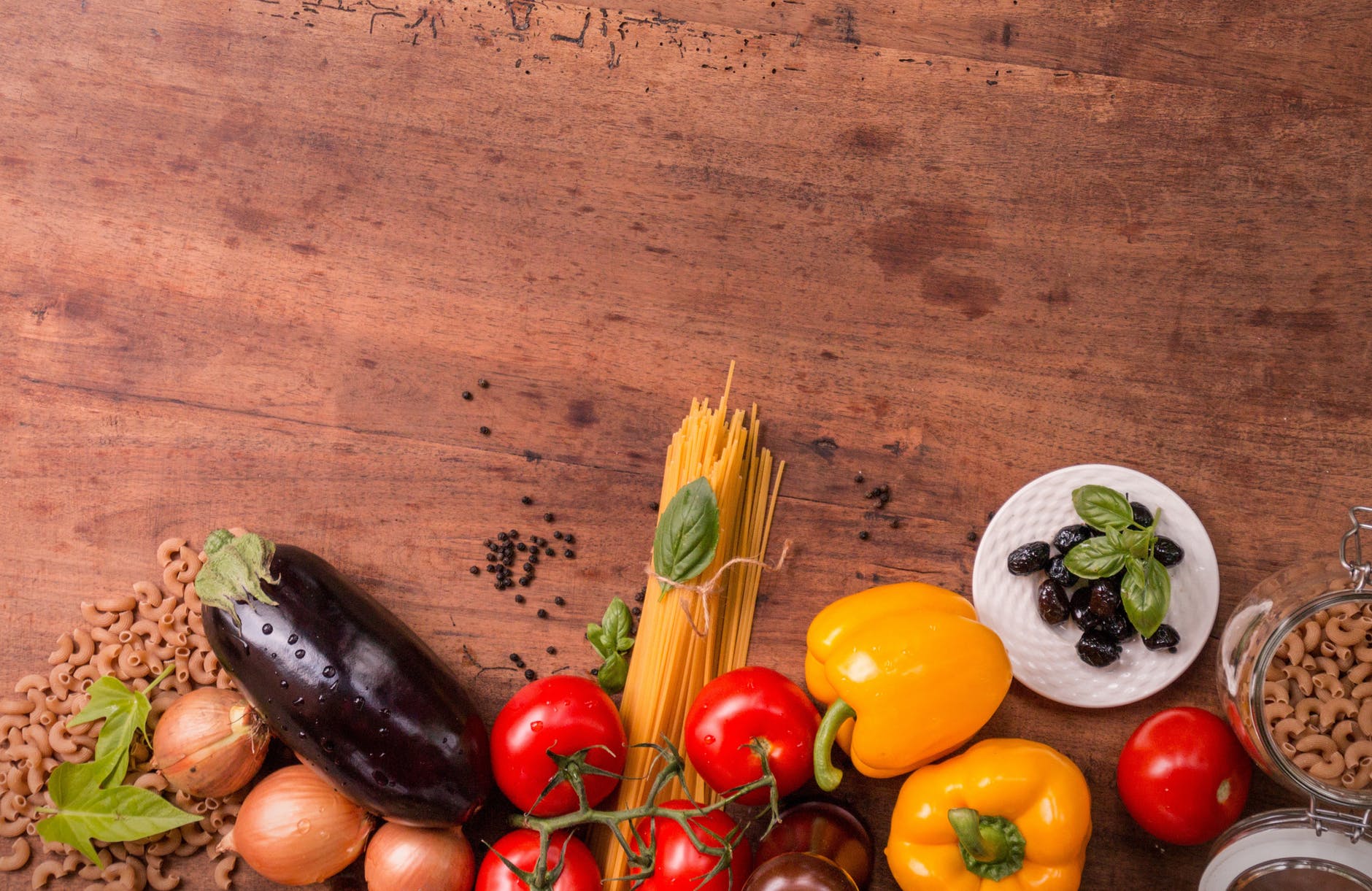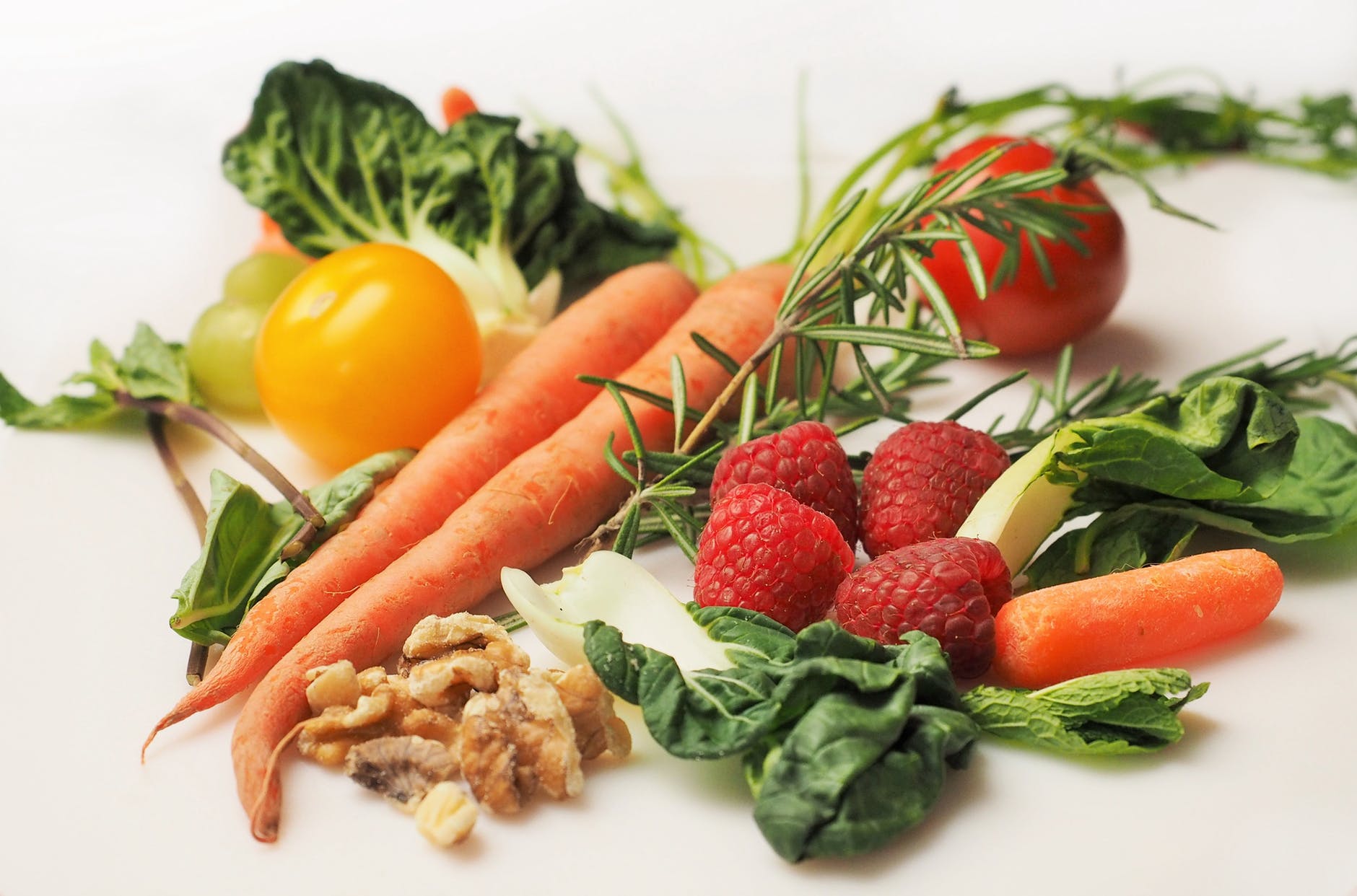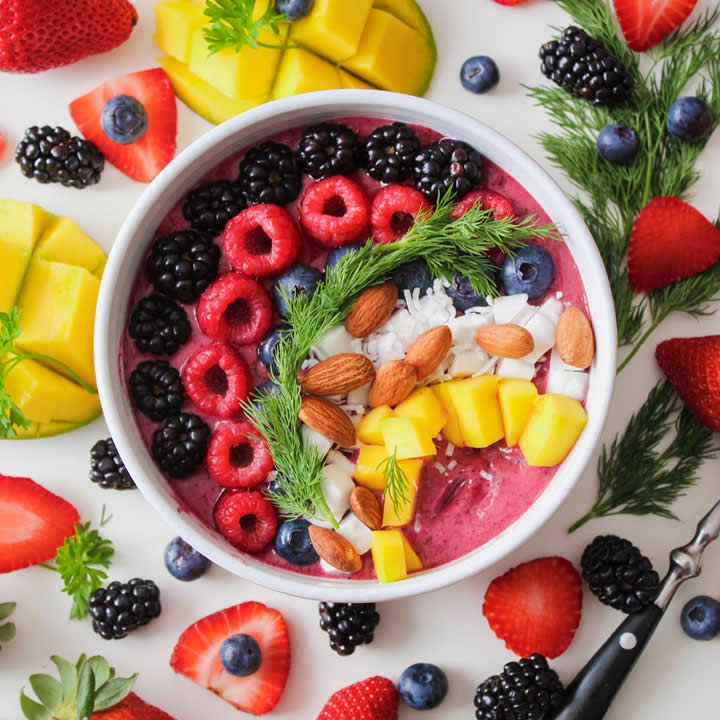Organic food or organic dieting is alarmingly growing in popularity. This creates a lot of questions for those who are keen on health matters. Maybe, you might be wondering what organic food is first.
How is organic food different from conventional foods? Or is it true that organic foods have more health benefits than conventional foods? And many more questions. Let’s talk more about this terminology.
Give the benefits of organic foods and finer details on the topic. So, are you ready to get your answers? Then, keep reading.
What is organic food?
To start with the term ‘organic’ refers to how agricultural products are produced. It’s widely known as organic farming.
Therefore, organic food is food produced by methods that comply with the standards of organic farming. These standards vary from country to country but, organic farming features practices that;
- conserve diversity
- Cycle resources and
- Promote ecological balance.
Furthermore, organic crops must be grown without the use of artificial chemicals (synthetic fertilizers, sewage sludge-based fertilizers, or petroleum-based fertilizers) or GMOs. Instead, they are grown with natural fertilizers(manure).
Also, pests and weeds are controlled naturally.
On the other hand, organic livestock must be raised with organic feeds and in certain conditions that support their health and welfare. They may not be given any animal by-products, growth hormones, or antibiotics.

What are the Benefits of Organic Food?
Consumption of organic food lowers the exposure to contaminants found in conventionally grown foods. Thus, Organic food is more beneficial healthwise. Here are some of the reasons why you should switch to organic products.
Organic food contains fewer pesticides.
The whole idea of organic farming is cub the use of pesticides. Pesticides reside in food products and we feed on them.
Unfortunately, it leads to the building of toxic chemicals in our bodies which obviously, affects our health negatively. Fortunately, organic foods do not have pesticide residues which makes them healthier.
However, this doesn’t mean that organic food lacks toxins. But, they are in low quantities, well below the safety limits.
Organic food is generally richer in nutrients
Several numbers of research indicate that organic foods contain more oxidants. Organic plants produce a protective compound known as an antioxidant since they don’t rely on chemical pesticide sprays. Antioxidants are believed to reduce a variety of chronic diseases, including cancers.
They also have higher amounts of micronutrients like; vitamin C, zinc, and iron. These nutrients play very essential roles in our bodies.
It is free of cadmium
Long-term ingestion of low-level cadmium can result in adverse damage to body organs. These include; bone fragility, and kidney damage in humans, and have also been linked to; nerve damage, anemia, brain damage, and liver diseases in animals.
Organic foods have an insignificantly small amount of cadmium if present and thus can prevent such diseases.
Organic food is GMO-free
Genetically modified organisms are created by combining the DNA of different species in an unnatural way or a way that cannot be achieved through traditional cross-breeding. They are altered to make the pest or climate-resistant.
Unfortunately, GMOs are the leading cause of increased infertility rates, allergy excitation, intestinal damage, and other diseases. Luckily, Organic farming practices and certifying body regulations ensure that organic food is completely free of GMOs.
Organic food is often fresh and tastes so good
Organic food does not contain preservatives to make it last longer.
This means, it is produced in low amounts and near the market hence, the supply is fresh. Moreover, given that organic food is free from pesticide residues, and GMOs and it is fresh, it has that natural taste. Simply sweet natural taste.
Consumption of organic food is better for the environment
Organic farming is of lower impact and self-sustainable value which in turn preserves and protects the environment. Therefore, the more we buy organic products, the more will encourage organic farming which is eco-friendly.

Buy healthy food, smoothies, and coffee at an online organic market in Sunshine Coast, Queensland, AU
Related Questions
How will I be sure that my food is organic?
Organic foods can be identified by the use of the organic logo on the packaging.
This varies depending on the certifying body in your region or country, E.g USDA organic seal(US). The USDA categorizes food into different sections following the % of weight or fluid volume of organic ingredients excluding water and salt.
- 100% organic: The products are made entirely with organic ingredients. Unfortunately, they are rarely found in the market.
- Organic: products must contain 95% approved organic ingredients. The remaining 5% is allowed to contain prohibited ingredients. However, 5% of non-organic ingredients are not allowed to be genetically modified, irradiated, or fertilizers with sewage sludge.
- Made with or made of organic materials: This claims that at least 70% of all ingredients are organic.
Is there food I don’t need to buy organic?
Yes, there are some products that have very low pesticide residue amounts even after being grown conventionally.
They are called the clean fifteen. They include:
- Avocados
- Sweet corn
- Pineapples
- Cabbage
- Sweet peas
- Onions
- Asparagus
- Mangoes
- Papayas
- Kiwis
- Eggplant
- Grapefruit
- Cantaloupe
- Cauliflower
- Sweet potatoes
Final Verdict
How our food is produced can have a major impact on our health as well as the environment.
Nevertheless, Making smart choices and extra caution in selecting what we eat can help a great deal. Basically, organic food poses lots of benefits. So if you can, you should go organic.

